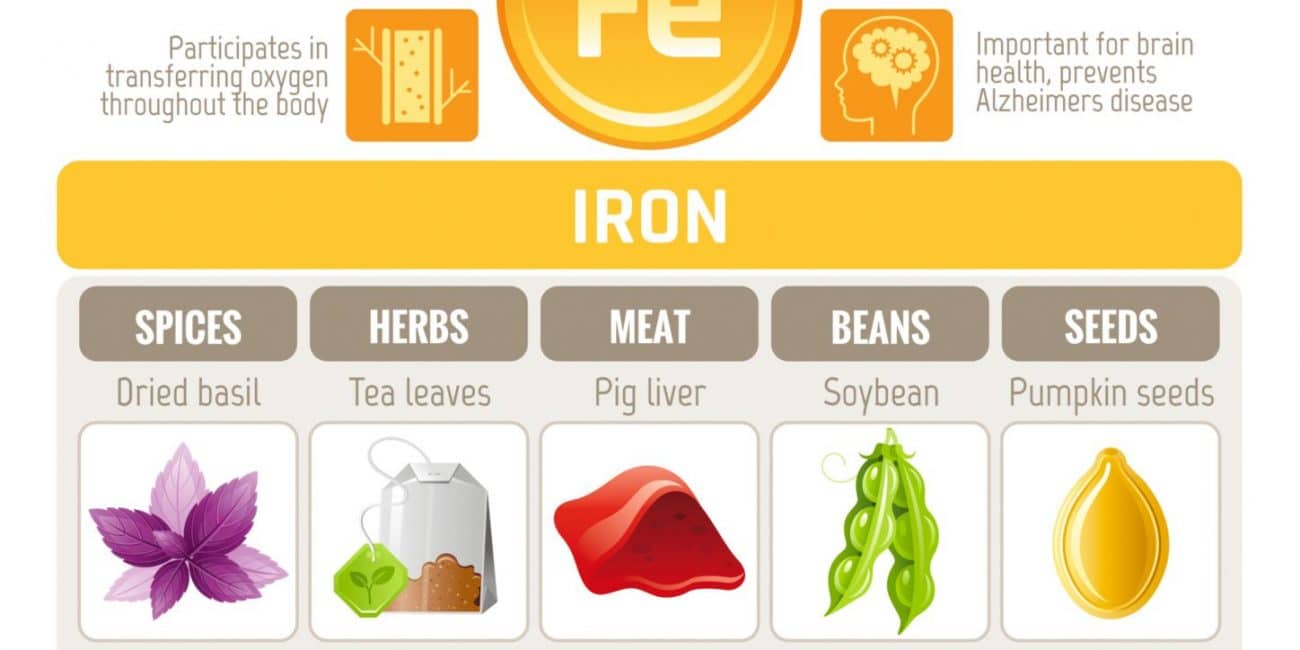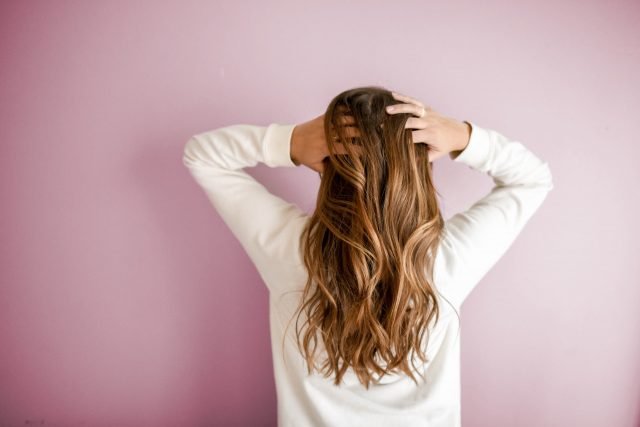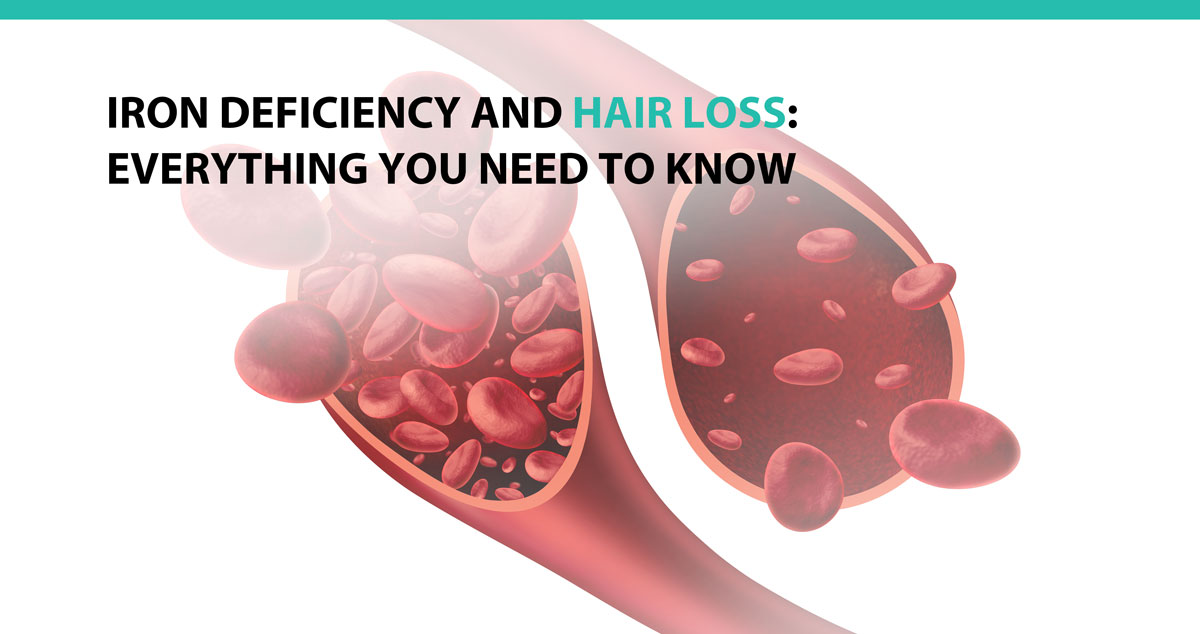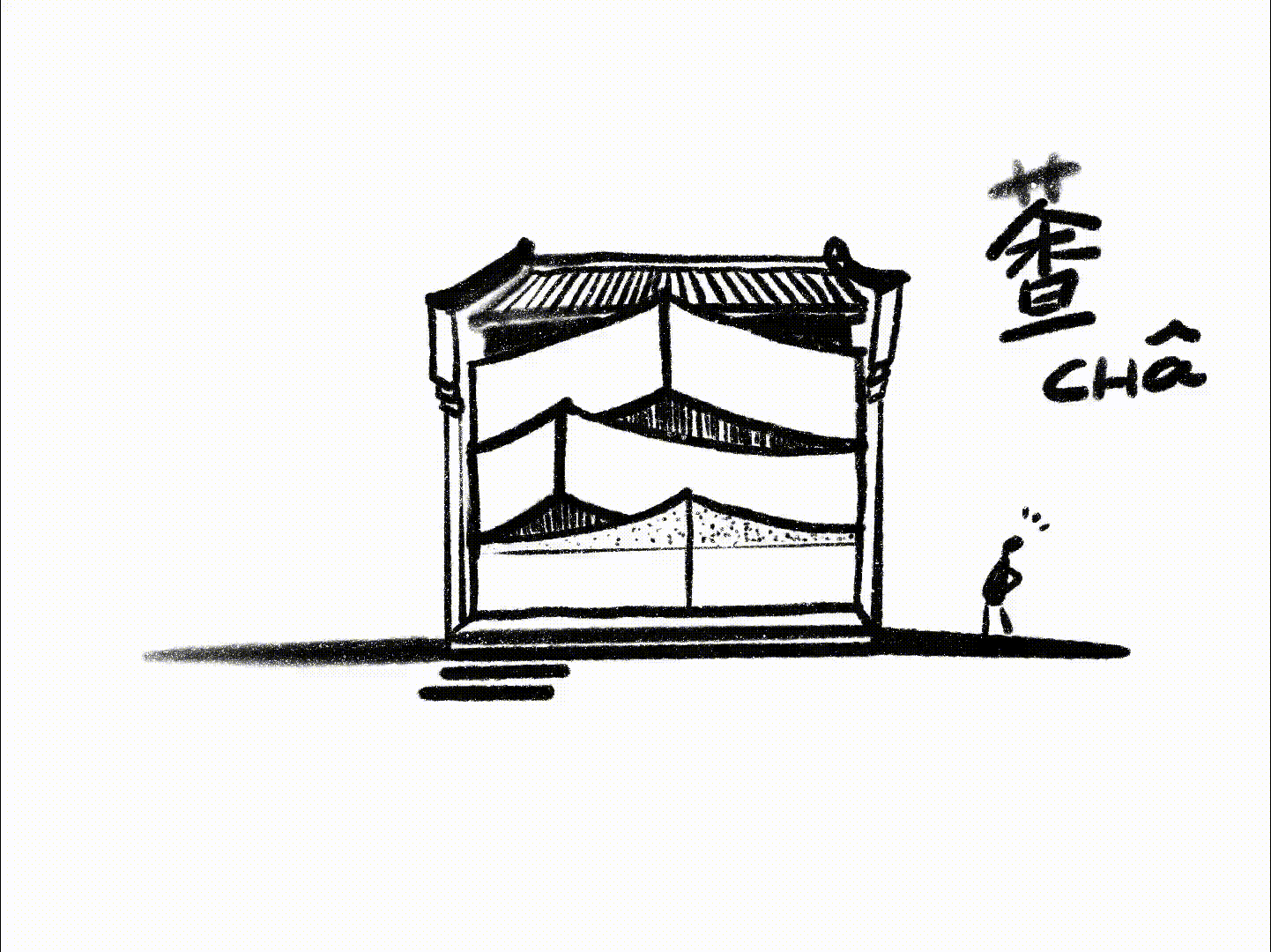Table Of Content

Selenium deficiency occurs in low-birth-weight infants and in patients requiring total parenteral nutrition (TPN). It can also occur among people living in a location where the soil lacks selenium [34]. You should strive to get all your nutrients from whole food sources, but if your iron levels are still low you might want to take a supplement to increase your levels. Common symptoms include fatigue, paleness, shortness of breath, and dry or damaged hair and skin. Other signs of iron deficiency include strange cravings, depression, frequent infections, and cold hands and feet.
Complications of Iron Deficiency Anemia
In this form, hair of the scalp, eyebrows, and eyelashes is sparse or totally absent [34]. These tend to be less common and may be linked to many conditions other than iron deficiency. The causes of primary restless leg syndrome are not fully understood. However, it can stem from various medical conditions, including iron deficiency anemia. However, hair loss has many causes, including hormonal changes, stress, and infection.
Hair’s Some Good News: AnemoCheck Gives You Instant Hemoglobin Estimation
The prevalence rates for ferritin deficiency and iron-deficiency anemia were calculated from cohort and case-control studies using the inverse-variance weighting method. Once you understand what's going on, it's time to supplement iron. "Your dermatologist, in conjunction with your primary care physician, may start you on an oral iron supplement," says Weimann. Doktor notes that a common over-the-counter iron supplement, Slow-Fe, "is gentle on the stomach and won't cause constipation issues that can commonly arise with iron supplementation."
Men's Health
What Vitamin Deficiencies Can Cause Hair Loss? - Healthnews.com
What Vitamin Deficiencies Can Cause Hair Loss?.
Posted: Tue, 12 Dec 2023 08:00:00 GMT [source]
After three authors had independently screened titles and abstracts for relevance and had thoroughly examined the clinical results, 125 articles were selected to be included in this review. This article is based on previously conducted studies and does not contain any studies with human participants or animals performed by any of the authors. ID is a continuum of various status of iron deposition in the body.

A healthy diet, regular exercise, and stress management can all help to promote healthy hair growth and avoid iron deficiency. Reviewing previous studies (3-6, 8-12), the role of iron in hair loss appears untangled until now. Therefore, we conducted this study in order to find out the relationship between body iron status and various conditions with hair loss. We excluded patients with abnormal thyroid function or any medical history which can affect body iron status (18). For the better comparison, age-sex matched healthy controls without complaint of hair loss were selected who had visited the hospital for a check-up which includes all blood tests of initial screening test.
Traction alopecia
In such cases, hair regrowth might be possible by reversing an iron deficiency to promote more ferritin stores in your body. Most males and postmenopausal females get enough iron from food and should not take iron supplements unless prescribed by a doctor. Pregnant females should take prenatal vitamins, which usually contain iron. Women who have heavy periods may also need to take iron supplements.
Addressing shortfalls through diet and supplements: Does it help hair growth?
Taking iron on an empty stomach can be the most effective for absorption, but in some, this can lead to side effects. If you have alopecia, you can help hold onto your tresses by avoiding behaviors that are known to contribute to temporary and permanent hair loss, Mirmirani says. Alopecia areata is an autoimmune disease that causes hair to fall out in nickel- or quarter-size patches. In 2017, Thompson et al. reviewed five other studies investigating the relationship between AA and iron [55].
Replacing Iron Levels
They may also contain additional nutrients such as vitamin C, zinc, or biotin. This article will discuss collagen protein and hair growth, collagen types and hair application, who should not use collagen for their hair, and alternatives to collagen for hair growth. There is no recommended official dose, although iron supplements are considered to be safe up to 50mg per day.
Hair loss, or alopecia, affects more than 80 percent of men and 50 percent of women, and the risk increases with age. Clinical manifestations of F type of MPHL looks like those of FPHL in female patients (16). Therefore, we looked into patients with MPHL according to types (M type, F type and others based on BASP classification), which turns out there was no strong relationship between subtype of MPHL and ID. Try taking the tablets with or soon after food to reduce the chance of side effects. Our experts continually monitor the health and wellness space, and we update our articles when new information becomes available.
Your doctor might also recommend you adjust your diet to increase your intake through iron-rich foods such as red meat, beans, and nuts. If your low iron levels are being caused by another condition, such as pregnancy complications, heavy periods, or a problem with iron absorption, this will need to be treated first. The vitamins and minerals that you consume play a role in the health of your hair follicles and hair growth cycle. However, the exact impact of vitamin intake on hair loss is very complex, and it hasn’t been well-studied. When you don't get enough iron in your diet, your body can use stored and recycled iron to form new blood cells. When the iron supply begins to run out, symptoms will develop as your body slows the production of red blood cells.
However, more aggressive therapies might be needed if the root cause is a hormonal imbalance or an autoimmune condition like alopecia areata. A lack of iron can affect the hair growth cycle and follicles, which can cause hair loss and other issues with the hair. Iron is a necessary mineral for the synthesis of haemoglobin, a protein found in red blood cells that transports oxygen to tissues throughout the body, including hair follicles. The synthesis of enzymes and other molecules that promote hair growth also involves iron. When the body is iron deficient, it may shift the available iron away from hair growth and toward more important processes like oxygen transport.
Micronutrients, including vitamins and trace minerals, are therefore crucial components of our diet [5]. In protein-energy malnutrition, skin and hair changes are prominent, as seen, for example in children with kwashiorkor, marasmus, and marasmic-kwashiorkor conditions [7]. A severe reduction in carbohydrate intake results in hair loss [8]. Iron deficiency can potentially trigger a type of hair loss called telogen effluvium, where intense physical stress or illness causes widespread thinning of the hair in both men and women. In addition to iron supplements and other medical treatments, there are also dietary sources of iron that can be incorporated into a healthy diet to help prevent and treat iron deficiency and hair loss. Foods that are rich in iron include red meat, poultry, fish, legumes, leafy green vegetables, whole grains, iron-fortified cereals, and bread.











